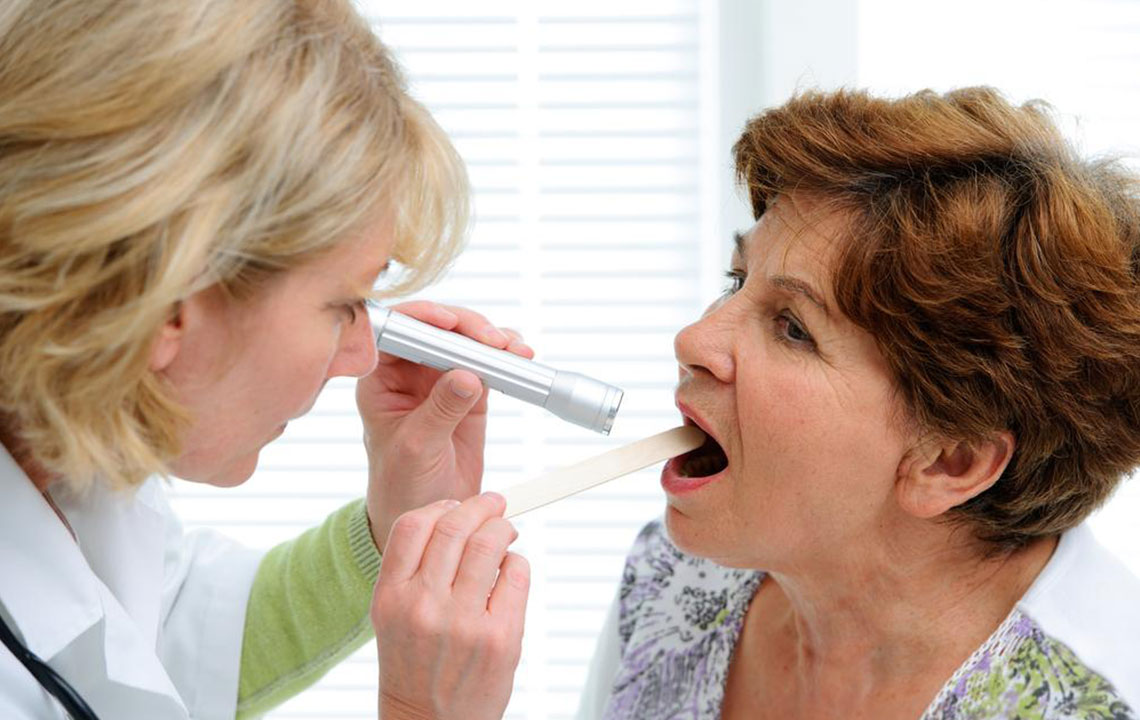Warning Signs and Symptoms of Oral Cancer You Can't Ignore
Early detection of oral cancer dramatically improves treatment success. Recognizing symptoms like mouth sores, patches, persistent sore throat, and bad breath can save lives. Consulting a healthcare professional promptly is crucial when these signs appear. Awareness and timely action are key to effective intervention and better outcomes. This article highlights essential warning signs to watch for, especially in women, facilitating early diagnosis and treatment of mouth cancer.

Warning Signs and Symptoms of Oral Cancer You Can't Ignore
Oral cancer affects areas such as the tongue, lips, gums, cheeks, and throat, making it a subtype of head and neck cancers. Timely detection is crucial because delayed diagnosis allows cancer to spread, complicating treatment. According to oral cancer research, roughly 20% of affected individuals die annually from the disease. Anyone can develop mouth cancer, emphasizing the importance of recognizing early warning signs, especially in women, to seek prompt medical intervention and improve outcomes.
Understanding early indicators helps with early detection. Here are key symptoms of mouth and throat cancer in women:
Persistent mouth ulcers and sores Ulcers that do not heal over time, appearing on lips, cheeks, gums, or throat, can signal oral cancer. If these sores last longer than usual, medical evaluation is essential.
Unhealed mouth sores warrant a visit to the healthcare provider.
Patches in the mouth or throat Red or white patches, often caused by infection or early cancer, should be examined by a professional, especially if their cause is uncertain. These patches are among early signs of mouth cancer.
Chronic Sore Throat While common in minor illnesses, a persistent sore throat or difficulty swallowing suggests a need for medical assessment, particularly if symptoms worsen over time.
Foul Breath (Halitosis) Unlike typical bad breath, halitosis involves a strong, persistent foul odor not relieved by brushing or mouthwash. It may indicate underlying issues, including oral cancer, requiring professional evaluation.
Spotting these signs is vital. If symptoms are present, reviewing images online may help, but consulting a healthcare provider is strongly advised for accurate diagnosis and timely treatment.










